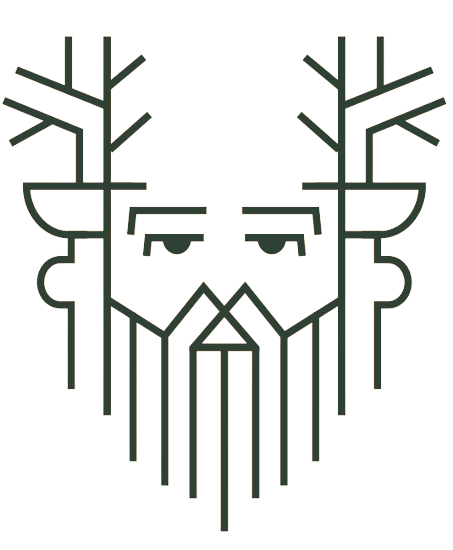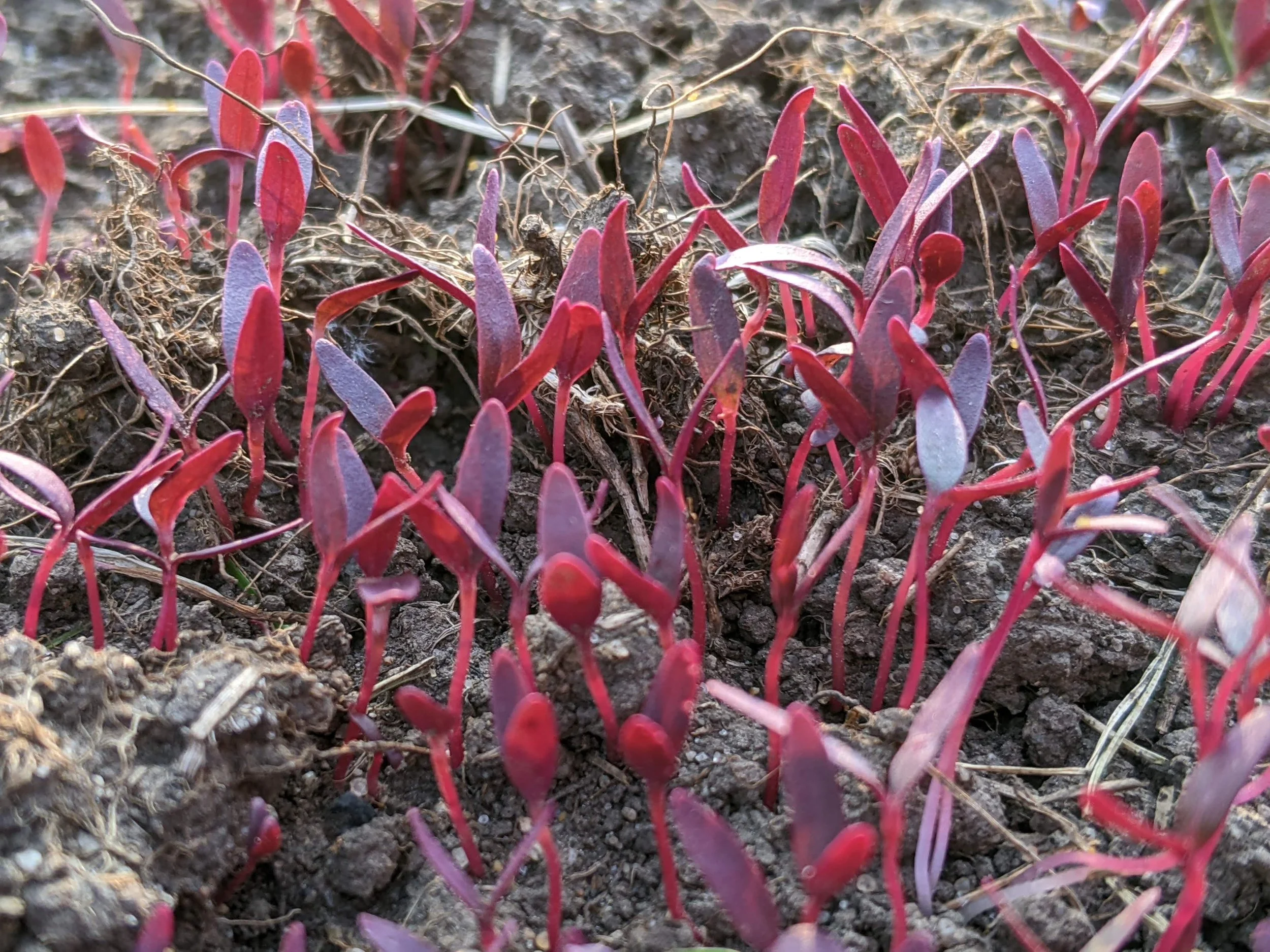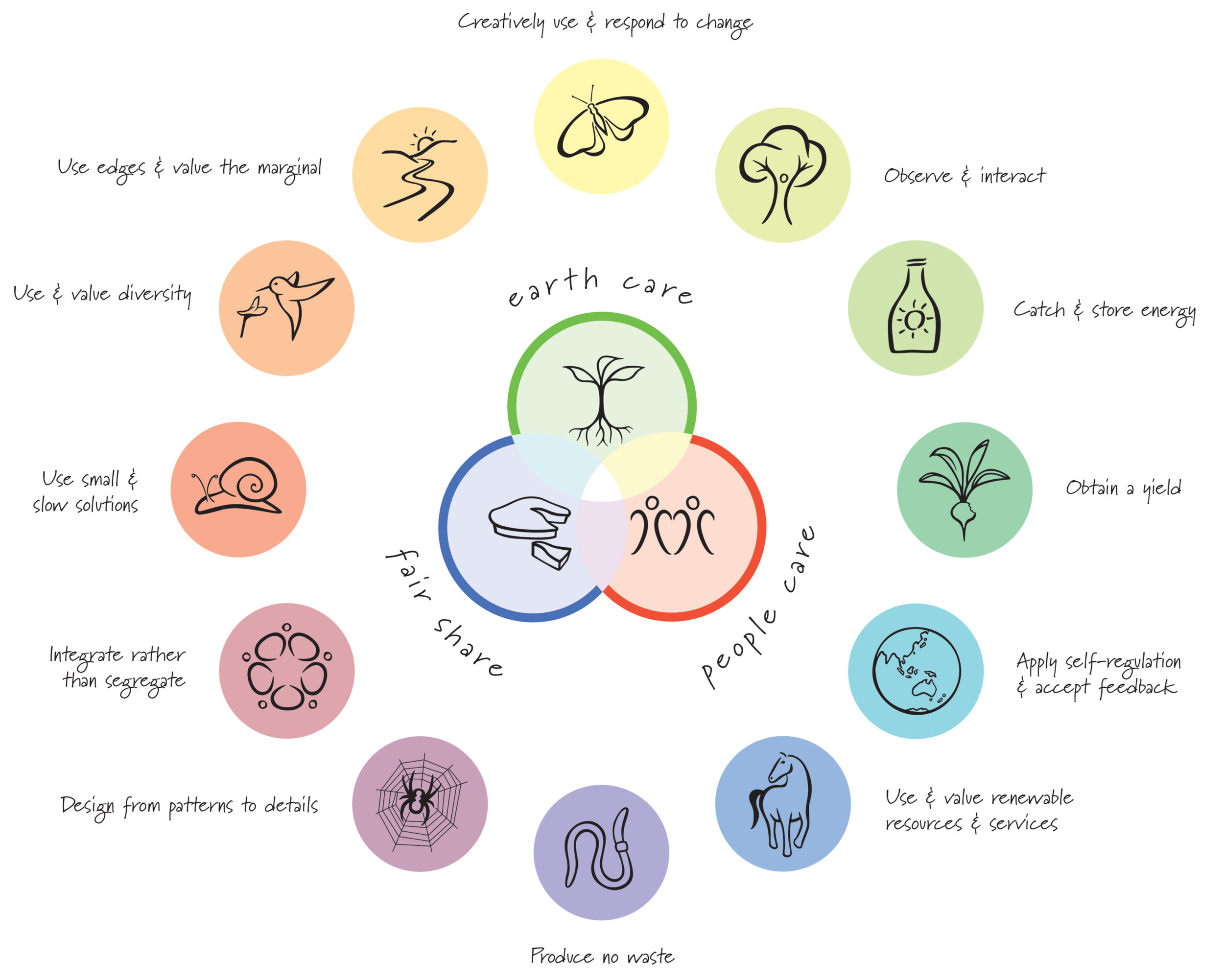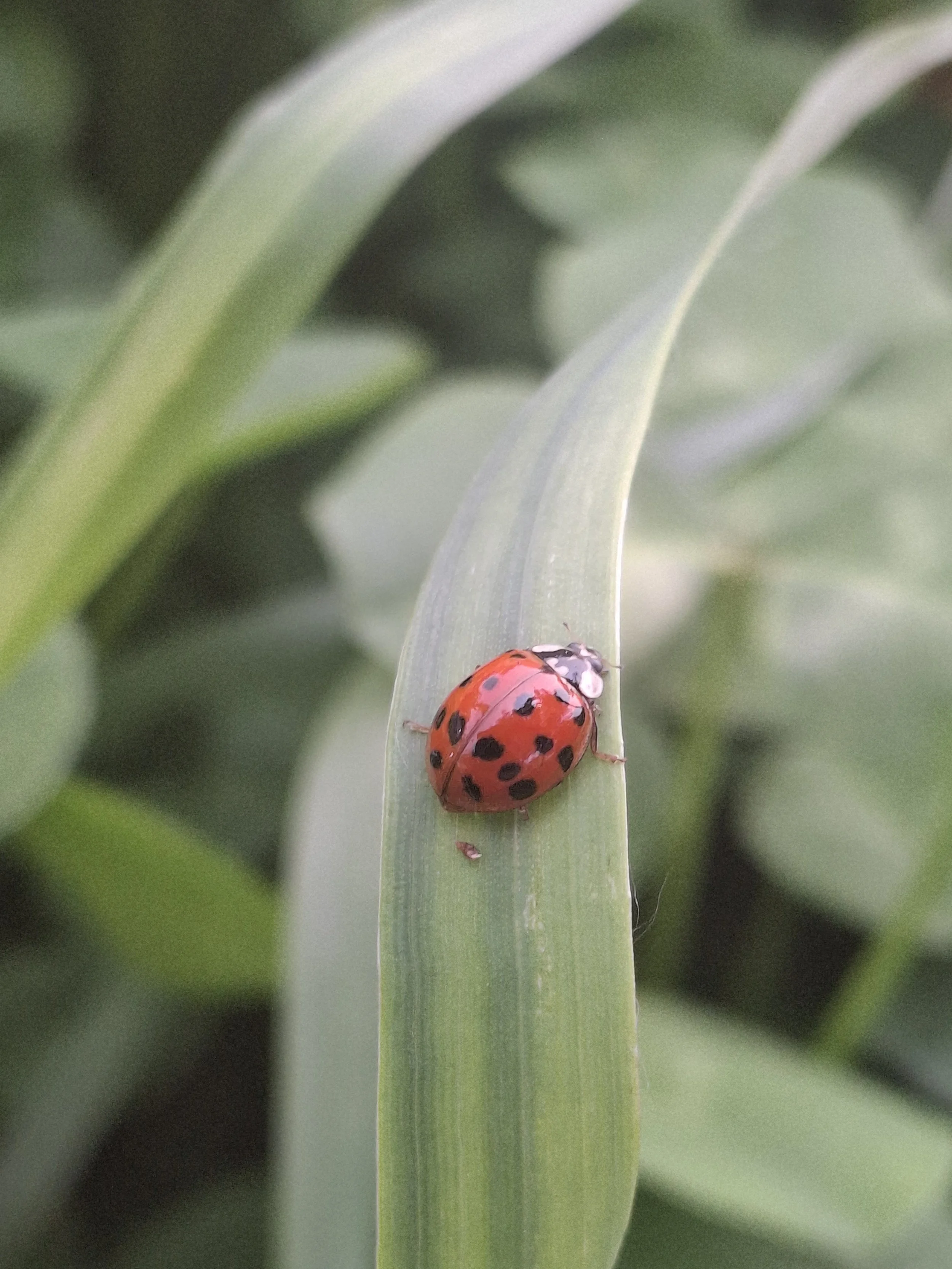
Why Permaculture?
What is Permaculture?
Permaculture is a system of values focused on eliminating waste, maximizing yields and ethical principles that attempts to replicate naturally occurring systems.
Permaculture is outlined by Bill Mollison as having three ethics-
CARE OF THE EARTH: Provision for all life systems to continue and multiply
CARE OF PEOPLE: Provision for people to access those resources necessary for their existence
SETTING LIMITS TO POPULATION AND CONSUMPTION (often referred to as ‘fair share’): By governing our own needs we can set resources aside to further the above principles
Mollison, B. (1988). Permaculture: A Designer's Manual. Tyalgum, Australia: Tagari Publications
David Holmgren later developed a series of twelve principles to further define the system of Permaculture:
Observe and Interact
Catch and Store Energy
Obtain a Yield
Apply Self-Regulation and accept Feedback
Use and Value Renewable Resources and Services
Produce No Waste
Design from Patterns to Details
Integrate Rather than Segregate
Use Small and Slow Solutions
Use and Value Diversity
Use Edges and Value the Marginal
Creatively Use and Respond to Change
More about Permaculture ethics can be found here —> https://permacultureprinciples.com/permaculture-principles/
Standing out, to fit in
Permaculture utilizes a different approach from orthodox horticulture and agriculture to be more in line with natural systems. My particular focus is on utilizing waste streams as a resource, poly cultures and storing resources within a system to avoid having to introduce them.



